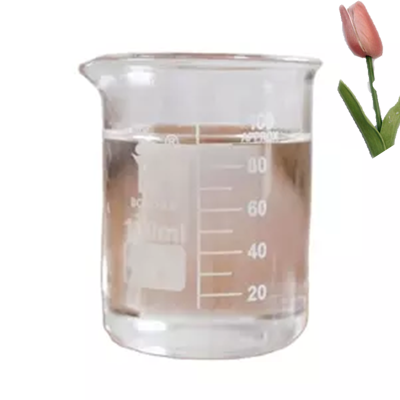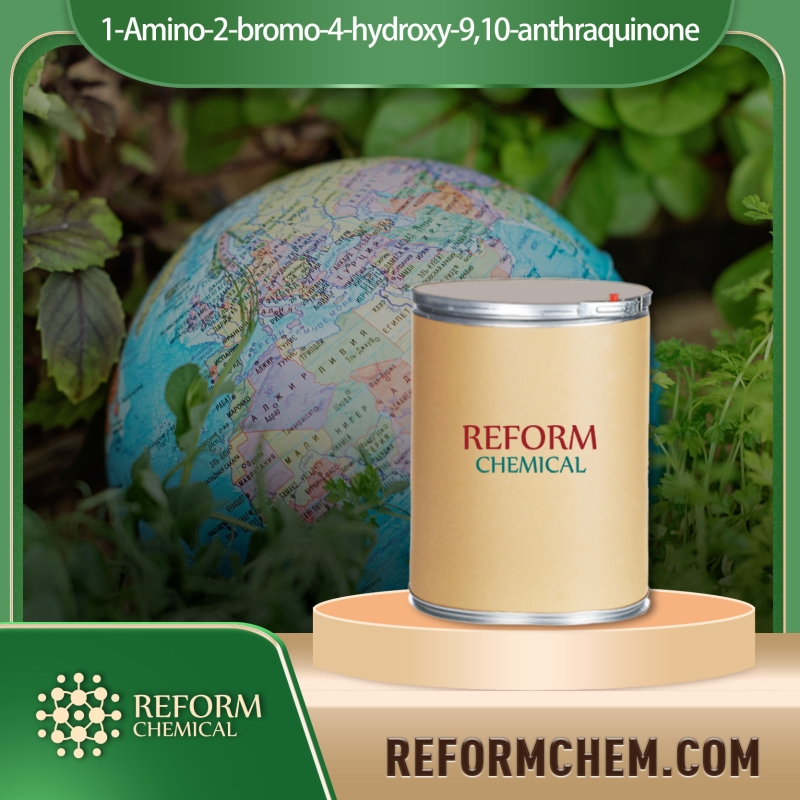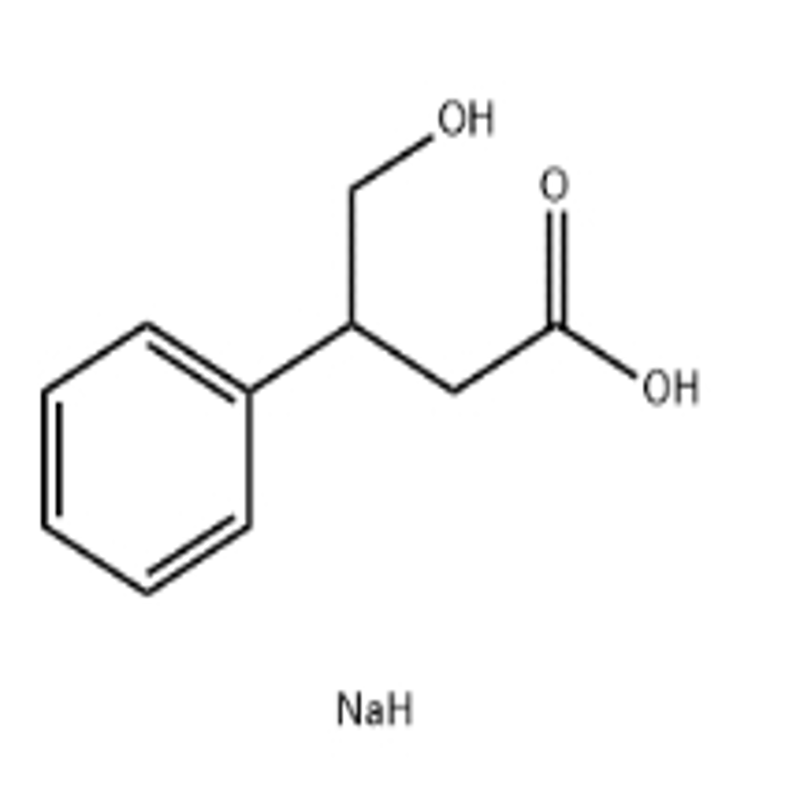-
Categories
-
Pharmaceutical Intermediates
-
Active Pharmaceutical Ingredients
-
Food Additives
- Industrial Coatings
- Agrochemicals
- Dyes and Pigments
- Surfactant
- Flavors and Fragrances
- Chemical Reagents
- Catalyst and Auxiliary
- Natural Products
- Inorganic Chemistry
-
Organic Chemistry
-
Biochemical Engineering
- Analytical Chemistry
-
Cosmetic Ingredient
- Water Treatment Chemical
-
Pharmaceutical Intermediates
Promotion
ECHEMI Mall
Wholesale
Weekly Price
Exhibition
News
-
Trade Service
1-Propanesulfonic acid, 3-(2-benzothiazolylthio)-, sodium salt (1:1) is a synthetic chemical compound that is commonly used in various industrial applications.
It is an important building block in the production of a wide range of chemicals, personal care products, and pharmaceuticals.
The synthetic routes of this compound have undergone extensive research and development in the chemical industry, as there are several ways to synthesize it.
The most common synthetic route for 1-Propanesulfonic acid, 3-(2-benzothiazolylthio)-, sodium salt (1:1) involves the reaction of 3-amino-2-benzothiazolylamine with propanesulfonic acid chloride.
This reaction is exothermic and requires careful monitoring to avoid overheating.
The reaction mixture is then treated with sodium hydroxide to neutralize the acid and precipitate the desired product.
The resulting sodium salt is then filtered, washed with water, and dried to remove any remaining impurities.
Another synthetic route involves the reaction of 3-nitro-2-benzothiazolylamine with propanesulfonic acid.
This reaction is carried out in the presence of a solvent such as dimethylformamide and requires careful control of the reaction conditions to avoid unwanted side reactions.
The reaction mixture is then treated with sodium hydroxide and the resulting sodium salt is isolated by filtration, washing, and drying.
In some cases, the synthesis of 1-Propanesulfonic acid, 3-(2-benzothiazolylthio)-, sodium salt (1:1) may require further purification steps such as crystallization or chromatography to remove any impurities.
The purified compound is then packaged and shipped to customers in the chemical industry or other industries that require this compound for their products or processes.
The synthesis of 1-Propanesulfonic acid, 3-(2-benzothiazolylthio)-, sodium salt (1:1) is an important process in the chemical industry as it provides a versatile building block for the production of various chemicals and pharmaceuticals.
The compound has unique properties that make it useful in a wide range of applications, such as in the synthesis of antibiotics, herbicides, and pharmaceuticals.
In conclusion, the synthetic routes of 1-Propanesulfonic acid, 3-(2-benzothiazolylthio)-, sodium salt (1:1) have been extensively researched and developed in the chemical industry.
The most common synthetic route involves the reaction of 3-amino-2-benzothiazolylamine with propanesulfonic acid chloride.
Another route involves the reaction of 3-nitro-2-benzothiazolylamine with propanesulfonic acid.
The synthesized compound is then purified and packaged for shipment to customers in the chemical or pharmaceutical industries.
The synthesis of 1-Propanesulfonic acid, 3-(2-benzothiazolylthio)-, sodium salt (1:1) is an important process in the chemical industry as it provides a versatile building block for the production of various chemicals and pharmaceuticals.







